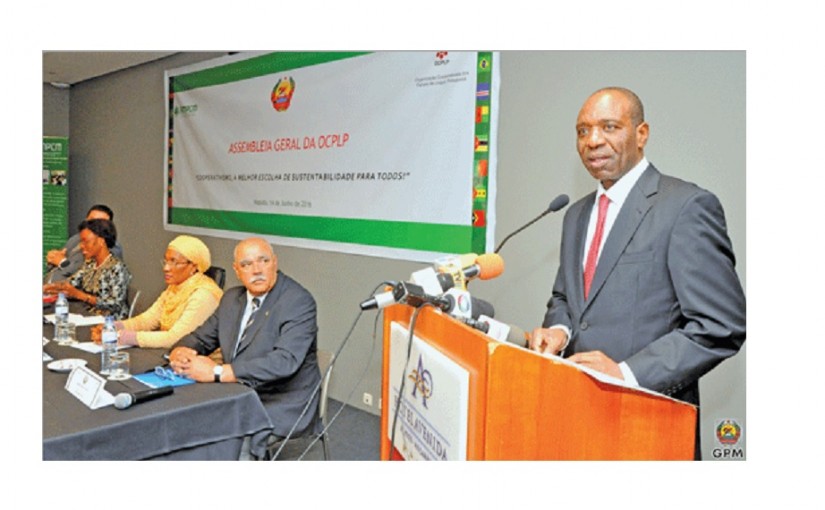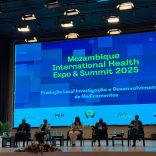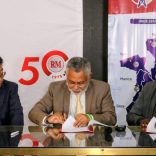Mozambique: Government wants 30% cut in foreign medicine dependence by 2030
Prime Minister says IMF mission crucial to restoring confidence

The determinations of the International Monetary Fund technical mission due to arrive in Mozambique within days to assess the macroeconomic impact of Mozambican public debt will be an important step towards the normalization of relations between Mozambique and its cooperation partners.
Such was the conviction expressed yesterday in Maputo by Prime Minister Carlos Agostinho do Rosario, who urged Mozambicans to use the great availability of natural resources in the country to take development forward.
“We have to look forward. The past is past. We have to have solutions because our country is rich in human and natural resources and we are capable of moving forward,” Agostinho do Rosario told reporters on the sidelines of the opening of the Annual Assembly of the Organization of Cooperatives of the Portuguese Speaking Countries (OC-CPLP) in the capital yesterday.
Referring to the event itself, the prime minister said that, as collectively owned enterprises, cooperatives are an active space of citizenship and have a direct beneficial impact on the living conditions of the communities in which they operate.
He noted that cooperatives, especially those involved in agricultural, crafts and cultural activities, have preferential tax treatment.
“For example, here in Mozambique this type of cooperative is granted a 50 per cent reduction on collective income tax,” he said.
For the prime minister, cooperatives and other such associations are facilitating platforms for the provision of inputs and technical assistance, and cited the Machamba School model, where smallholder farmers come together to learn production techniques and get post-harvest technical assistance, including marketing and agro-processing.
Speaking in turn, the president of the Organization of Brazilian Cooperatives (OCB) urged governments to create mechanisms to facilitate cooperatives, stressing that they have much more to offer states than they demand from them.
“Cooperatives have been an extraordinary tool for the development of communities worldwide, especially in times of crisis. They have been so as a result of their processes of organizing and developing crisis mitigation processes,” he said.
The president of the Mozambican Association for the Promotion of Modern Cooperatives, Helena Bandeira, said her association’s greatest challenge was identifying problems that cooperatives in the country faced, which could be addressed through training and support.













Leave a Reply
Be the First to Comment!
You must be logged in to post a comment.
You must be logged in to post a comment.